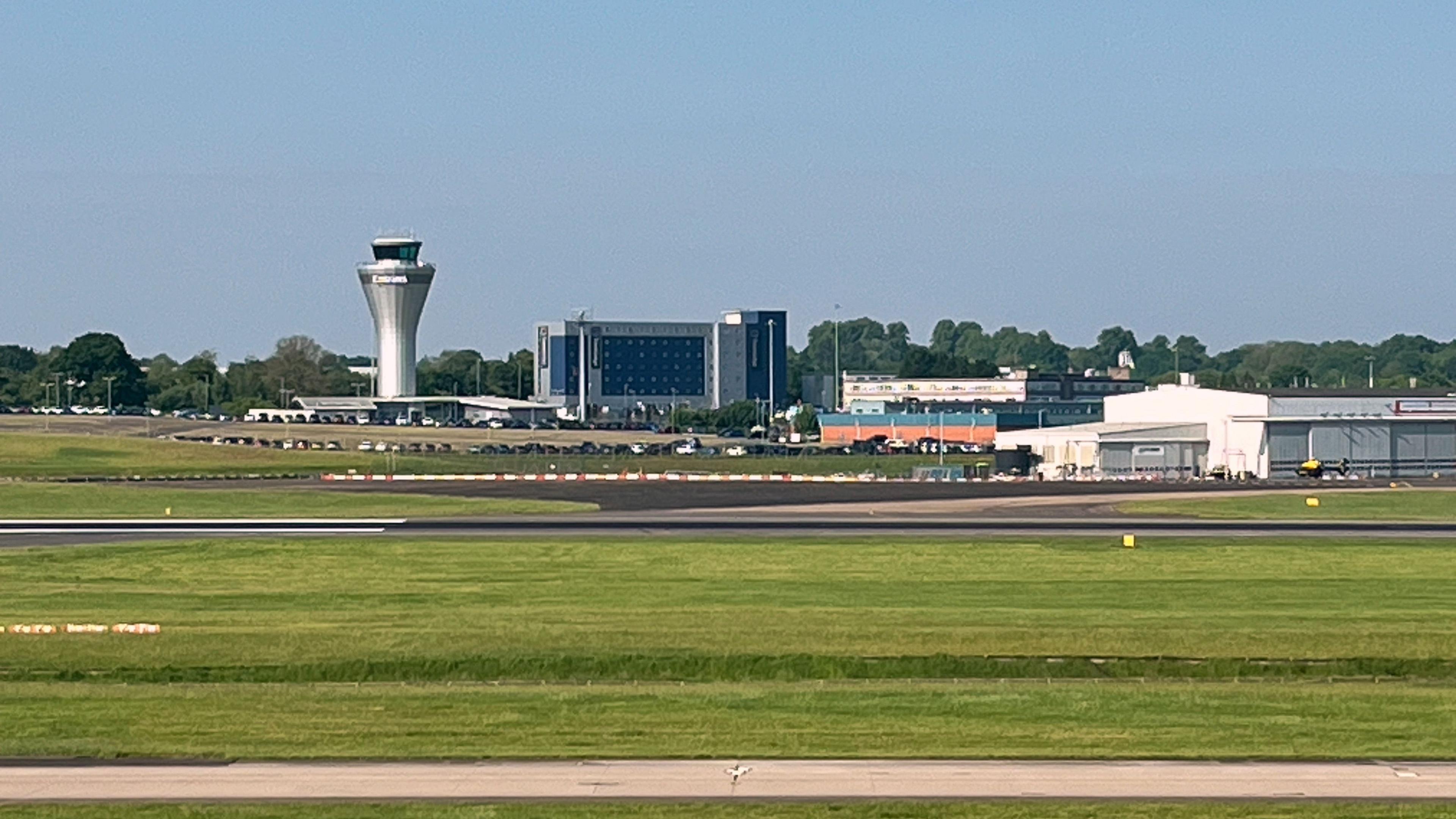Why does airport want more night flights?
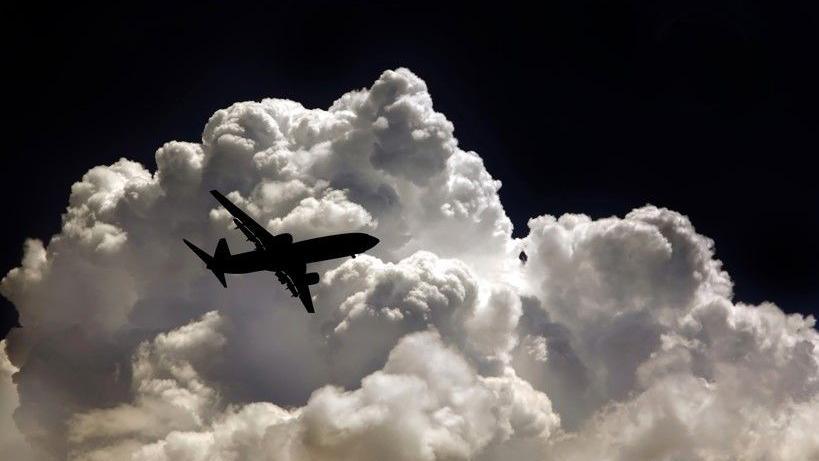
Birmingham Airport wants to increase the number of night flights
- Published
In October, Birmingham Airport announced that it had applied for permission to increase the number of flights taking place at night, as the airport aims to handle 18 million passengers a year by 2033.
Its existing night-flying policy, which allows 5% of take-offs and landings to take place at night, was agreed in 2009.
However, it wants to increase this to an average of 7.3% of flights to arrive or depart between 23:30 and 06:00.
So what does this mean for the airport, for people travelling through, and for local residents?
Why more night flights?
Birmingham Airport, which currently handles 13 million passengers a year, says that to provide passengers with the destinations and schedules they want, airlines need to operate each of their aircraft as much as possible.
This means earlier starts and/or later finishes each day, often in the 05:00 - 06:00 and 23:30 - 01:00 periods.
Documents from airport consultants McLoughlin Planning said it was in part due to the "rise of low-cost carriers using the airport" and "changes in their operating patterns".
It said those changes include "a much more intensive use of the aircraft over a longer operating day, meaning earlier starts and later finishes".
"Birmingham Airport Limited cannot keep pace with the changing circumstances at the airport in terms of operations and the types of aircraft and their associated movements," the consultants said.
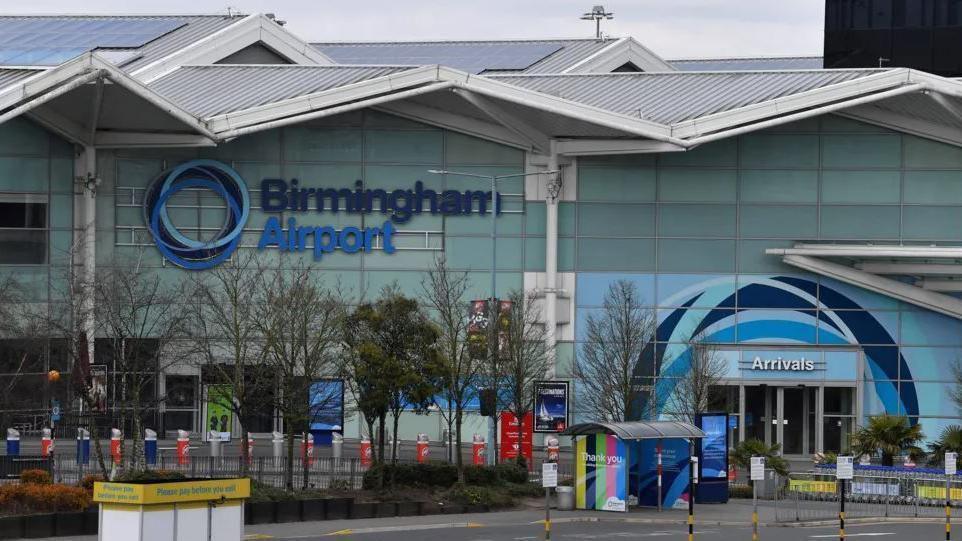
The proposals will need to be approved by Solihull Council
How many night flights will there be?
If the airport's request is approved, it would mean about 7,600 night-time flights at the airport per year by 2026-2027.
This would be an average of 21 flights a night.
The airport says the vast majority of these would be between 05:00 - 06:00 and 23:30 - 01:00, enabling aircraft to return a little early or late rather than operating in the middle of the night.
An airport spokeswoman said that the airport was not breaching its current limit of 5,171 night flights per year.
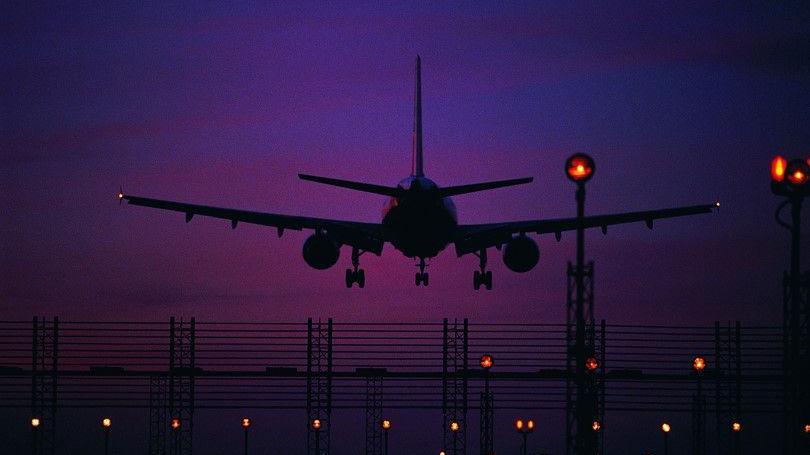
If the plans are approved, there will be an average of 21 flights per night at the airport
Was the growth in night flights predicted?
Birmingham Airport says the expected figure of 7,600 night flights is fewer than the that forecast 15 years ago covering 2026-2027.
In 2009, 7,950 night flights had been predicted for the period.
The airport says the reduction is due to technological improvements, meaning that aircraft are larger and able to carry more passengers. The airport carries 40% more passengers than in 2007, using 25% fewer movements.
By 2026-27, there are expected to be a combined 109,000 arrivals and departures, an increase on current numbers but lower than the 2009 forecast.
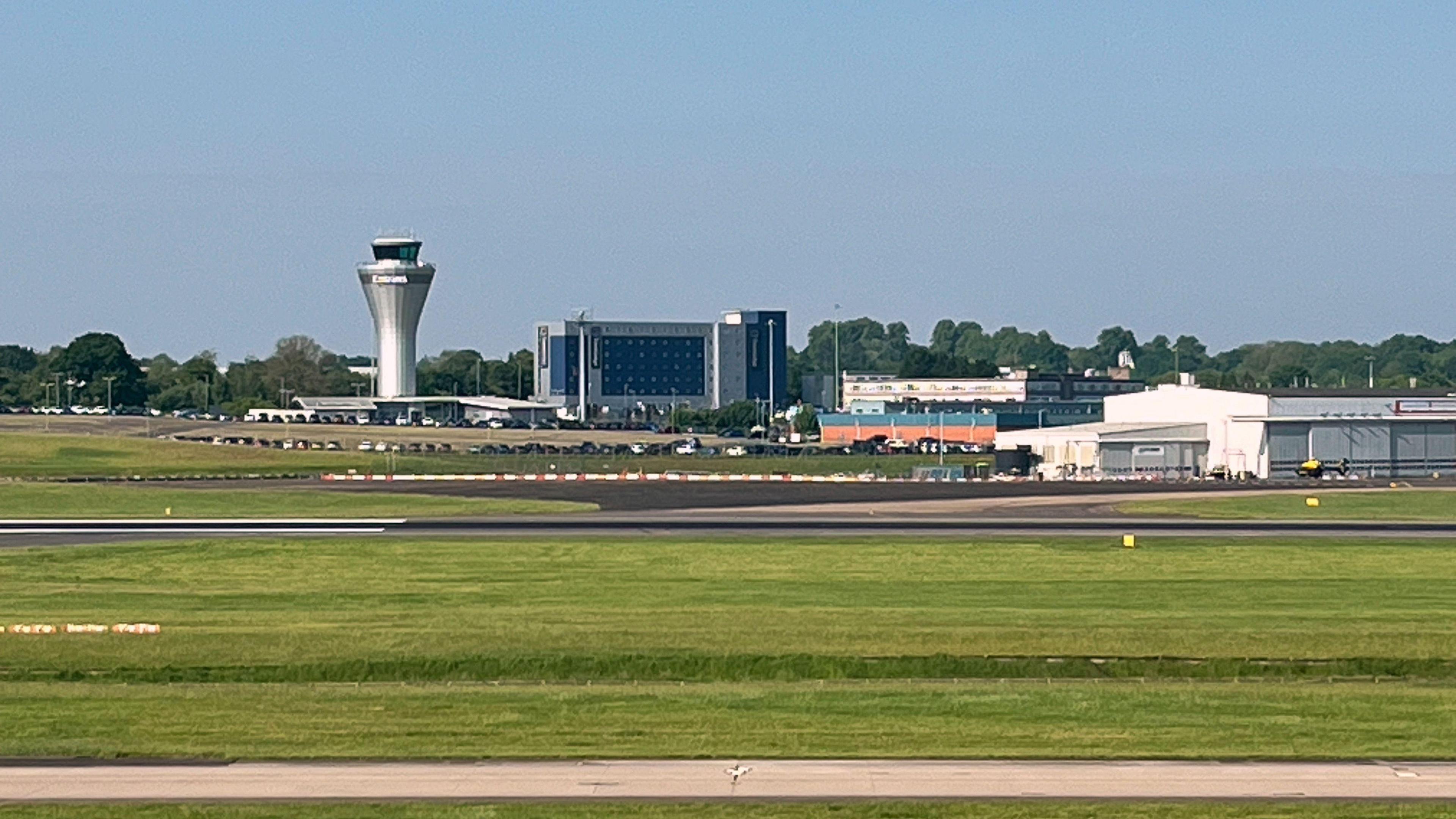
Consultants said "Birmingham Airport cannot keep pace with the changing circumstances at the airport"
What happens if night flight increase is refused?
The increase in night flights at the airport is dependent on Solihull Council approving the plans.
Without this approval, the airport says routes will be cancelled and jobs could be affected in the long-term.
Rather than staff cuts, it said the creation of future jobs would be "suppressed".
A spokesperson for the airport said: "An update to the policy is required to ensure current growth forecasts are enabled, unlocking wider benefits to the airport and West Midlands region."

Local resident Luke Page said he was concerned about the impact of additional noise if the night flight proposals are approved
What do residents feel about extra night flights?
Some residents in Tile Cross, about four miles (6km) from Birmingham Airport, have told the BBC they are worried about extra noise.
Luke Page said: "In the daytime it's not so bad, but now they're getting bigger and more frequent it certainly does makes a difference, especially inside the house.
"At least come and talk to the people that live by the airport to help out, probably towards new windows or something to make the difference.
"Obviously they're making money from it, so sure they should look after people that live right by it."
Another resident said: "It doesn't actually bother me because I've lived here for over 40 years. I've raised two children. The airport was here when I moved in."
Get in touch
Tell us which stories we should cover in Birmingham and the Black Country
Follow BBC Birmingham on BBC Sounds, Facebook, external, X, external and Instagram, external.
Related topics
- Published23 October 2024

- Published4 October 2024
